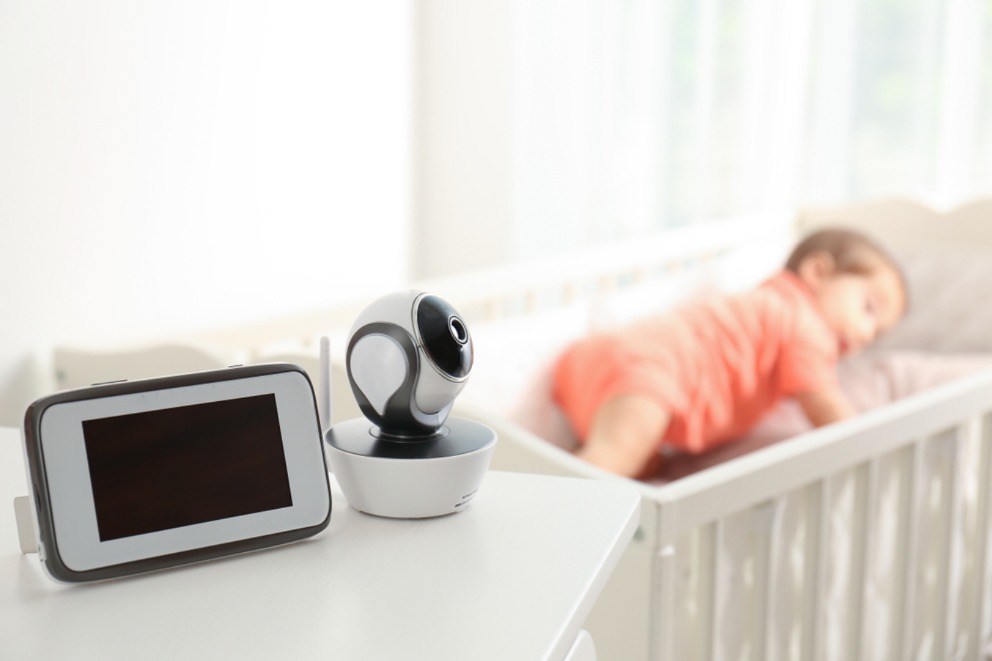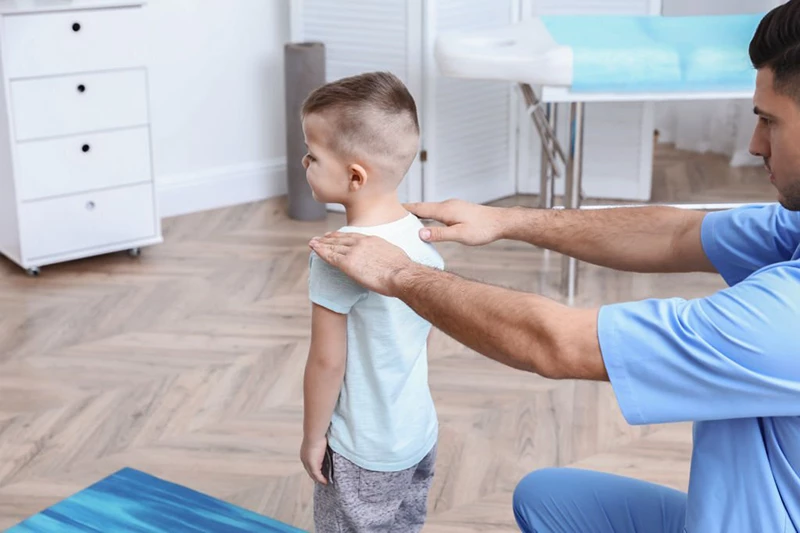Parenting is a rewarding experience, but it also comes with its share of challenges. One of the most common complaints among new parents is back pain caused by holding their baby. In this post, we’ll explore the proper ways to hold a baby to minimize the strain on your back and ensure both you and your little one remain comfortable.
Know Your Body’s Limits
Before we delve into the tips, it’s essential to understand and accept your body’s limits. Listen to your body and stop if you experience any discomfort or pain. It’s always better to consult your doctor or a physiotherapist to make sure there are no underlying issues that need to be addressed.
Good Posture is Key
Proper posture is crucial to safely lifting and carrying your baby. Keep your spine straight and shoulders back, and engage your core muscles (your abs and lower back). Avoid bending at the waist or rounding your shoulders, as this puts unnecessary strain on your back and neck.
1. Align Your Spine
Good posture is essential for reducing the risk of back strain. When holding your baby, always remember to:
- Stand tall and keep your head and neck comfortably in line with your spine.
- Engage your core muscles to provide adequate support to your lower back.
- Avoid hunching your shoulders and keep them relaxed.
2. Hold Your Baby Close
To minimize the strain, always hold your baby close to your body. Doing so will distribute their weight evenly, making it easier on your back. Keep in mind that a baby sling or carrier can also be beneficial in providing the necessary support.
Read more: Baby carrier options that can support your back.
3. Properly Support Your Baby
When holding your baby:
- Support their head and neck by placing one arm under the base of their neck, cradling the head.
- Your other arm should be placed around the baby’s back, providing support to the hips and bottom.
- Remember to switch arms to avoid overuse on one side of your body.
4. Use Your Knees, Not Your Back
When picking up your baby, bend your knees and use your legs to lift. Avoid bending at the waist, as this can strain your back muscles.
5. Strengthen Your Core
Having a strong core is essential in maintaining proper posture and reducing back pain. Incorporate core-strengthening exercises, such as planks and bridging, into your daily routine.
6. Avoid Carrying Your Baby on Your Hip
Carrying your baby on your hip for extended periods can cause strain and imbalance. Instead, use a baby carrier or find alternate ways to position your baby when carrying them.
7. Seek Professional Help
If you’re experiencing ongoing back pain, consider consulting a healthcare professional, such as a physiotherapist, for guidance on proper body mechanics and exercises to help strengthen your back muscles.
8. Change Positions
Alternate how you hold your baby to avoid muscle fatigue and strain in one specific area. Use both arms equally, switch sides frequently, and incorporate different holds like side-lying, football hold, or cradle hold. By changing the way you hold your baby, you give your muscles a chance to recover and prevent potential injuries.
9. Use Baby Carriers or Slings
Baby carriers or slings are useful tools for hands-free carrying while distributing your baby’s weight across your body, reducing strain on your back, arms, and neck. Make sure to choose an ergonomic and well-fitting carrier that supports both you and your baby comfortably.
10. Stretch Regularly
Stretching helps to maintain flexibility and prevent muscle imbalances in your body. Gentle stretches focusing on your neck, chest, shoulders, and back can provide relief from muscle tension and reduce the risk of pain and injury. Consider consulting a physiotherapist or fitness professional for specific stretches and exercises appropriate for your body and lifestyle.
Holding a baby might seem like a simple task, but it’s essential to be mindful of your posture and positioning to ensure your back remains healthy and pain-free. By following these tips, you’ll be better equipped to embrace the joys of parenthood without the discomfort of back pain.









